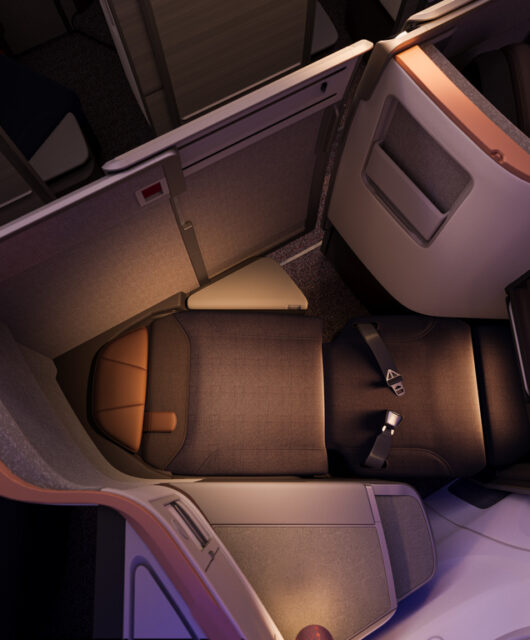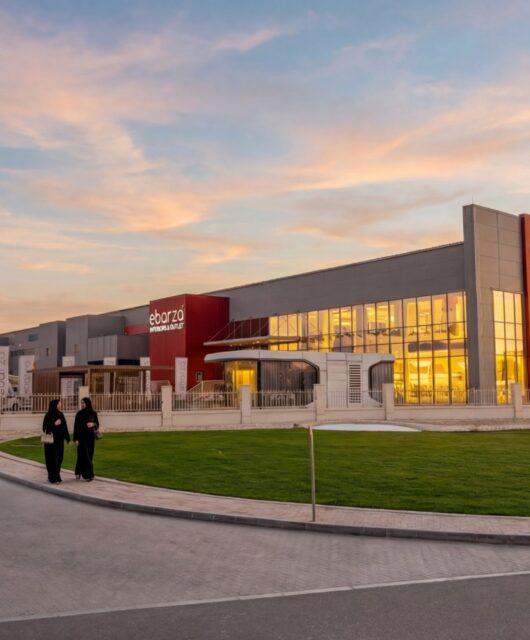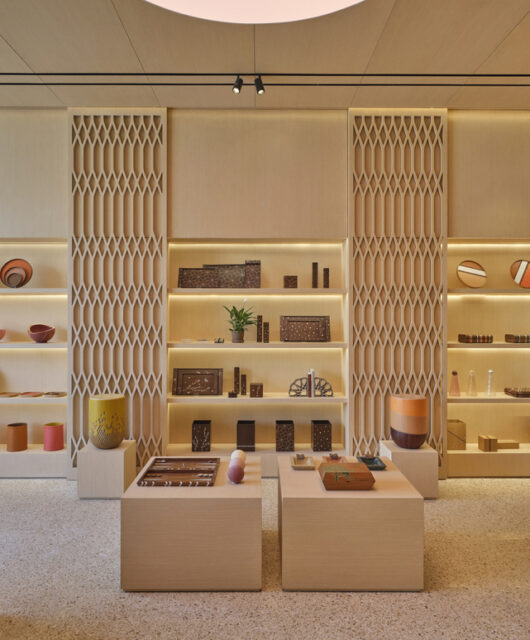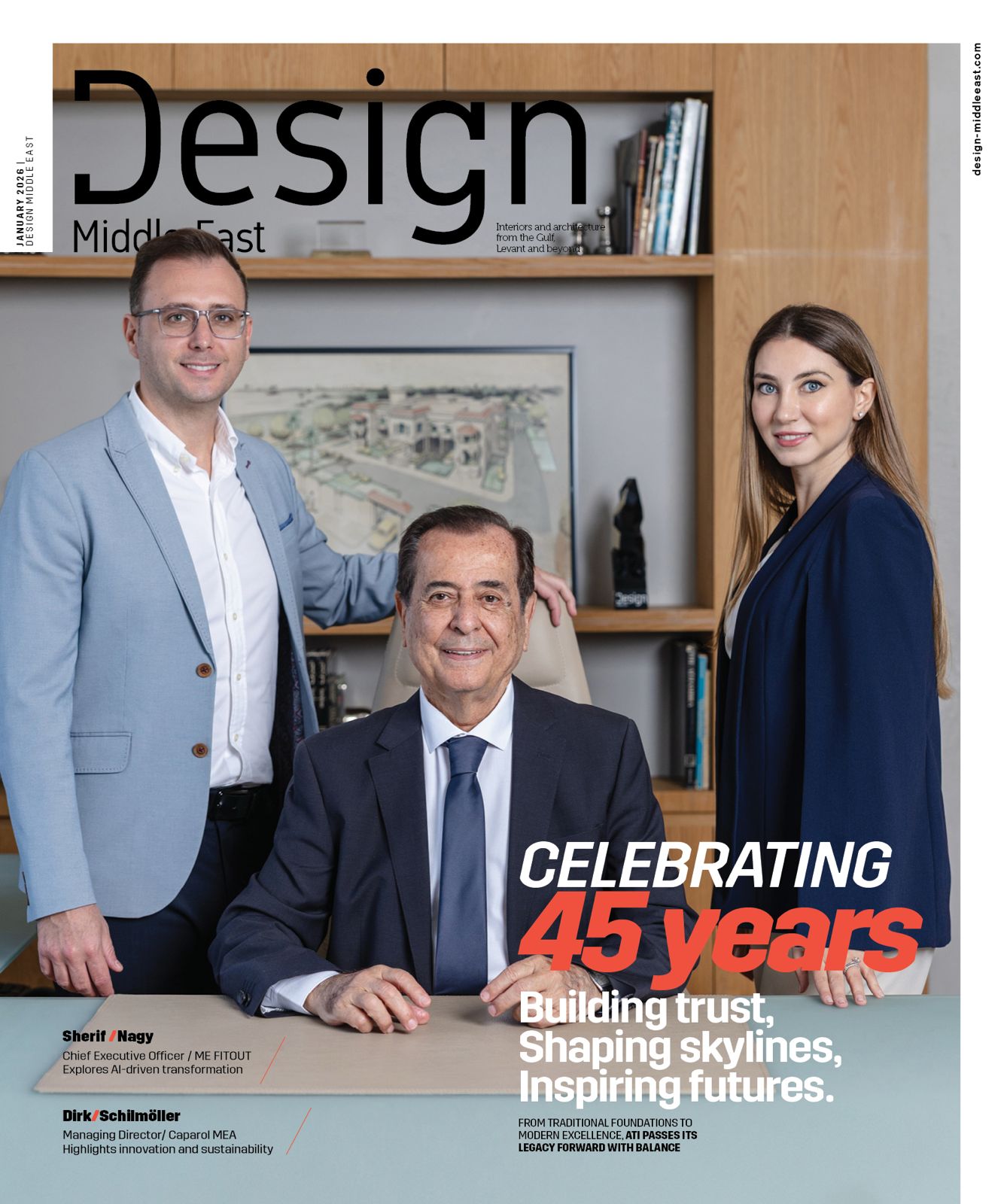
Herman Miller and Knoll made enormous contributions to widespread consumerism in the 1920s, which cannot be overlooked. These pioneering entities in the field of modern furniture forged their own routes through the shifting tides of their development years.
Today, MillerKnoll carries their legacies forward after a landmark merger between industry leaders Herman Miller and Knoll. This union symbolises a dedication to timeless innovation, sustainability, and human-centric design that transcends consolidation.
As Stacy Stewart, Regional Director MEA at MillerKnoll, explained: “The merger of Herman Miller and Knoll simply made sense given their shared design heritage and history. When you consider iconic designers like Florence Knoll, Charles and Ray Eames, and Eero Saarinen who all studied together at Cranbrook Academy early on, it seemed inevitable their legacies would eventually come together.”
He continued: “As MillerKnoll, we now lead the industry with an extraordinary collective of brands, unparalleled portfolio depth, and strengthened global reach. But what strikes me most is our talent. With so many uniquely gifted and passionate employees from all the brands together under one roof, the creative potential is incredible.”

This empowers greater value for Middle East clients through expanded offerings. As Stacy noted, “They now enjoy access to an even broader portfolio of brands, technologies, and innovations spanning the globe.”
The merger also enables handling larger volumes and tighter lead times by leveraging a vast global manufacturing footprint. This footprint now stretches across North America, Europe, the UK, and Asia, giving flexibility to produce locally tailored solutions. Purpose-driven design remains central to MillerKnoll’s vision. They create environments focused on positive human impact beyond products alone. As Stacy expressed, “This commitment to bettering lives through design is our cornerstone.”
MillerKnoll also set ambitious sustainability goals for 2030, including reducing carbon footprint, eliminating single-use plastics, and incorporating recycled materials. This exemplifies their holistic view of design’s role in creating a greener future.
In summary, MillerKnoll’s convergence pioneers a new frontier where innovation and sustainability align to reshape spaces resonating with purpose. As Stacy Stewart concluded: “Our collective is committed to envisioning human-centric values that transcend furniture alone.” This defines their unfolding legacy.







